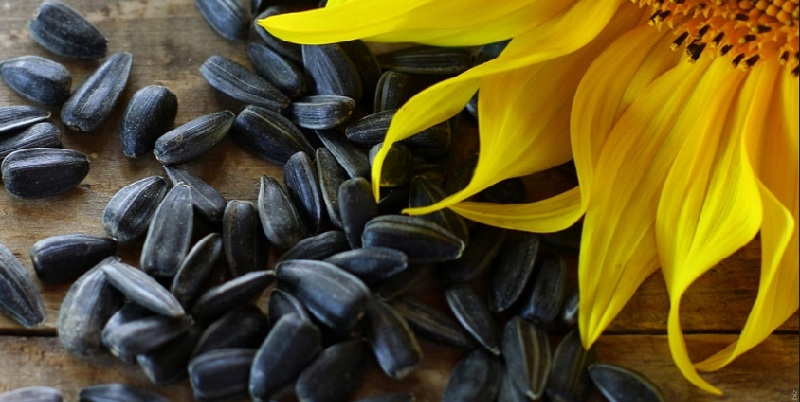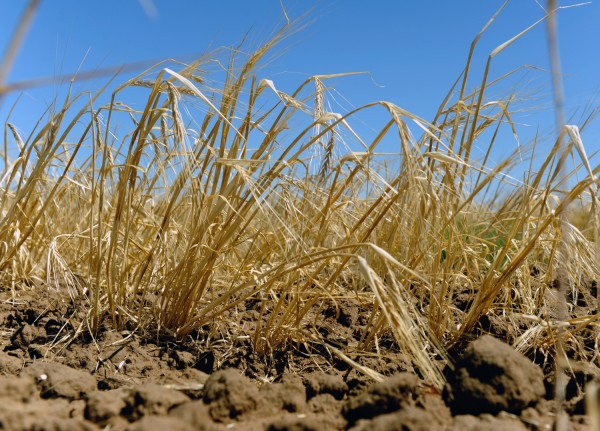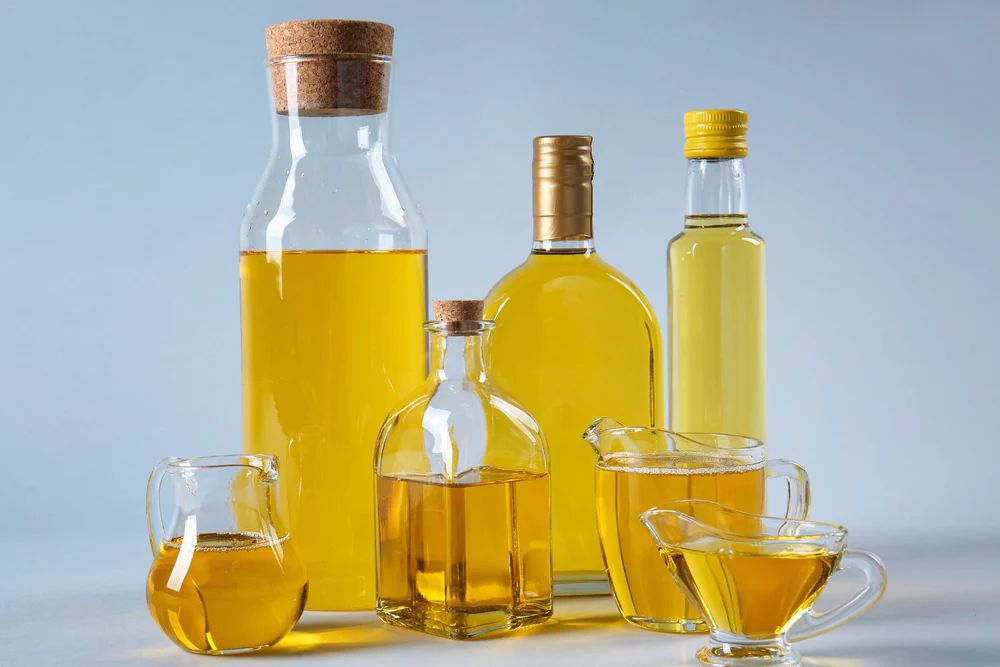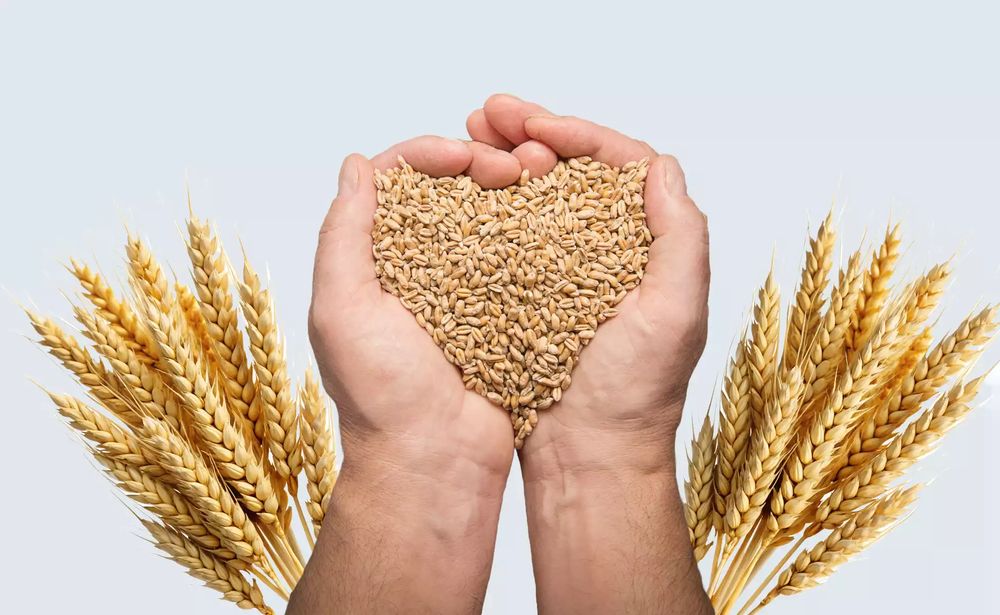Agricultural Market News
from
to

AmSpec – Partner of BLACK SEA GRAIN.KYIV-2026

UkrAgroConsult
Black Sea Oilseed Markets 2026: Tight Balances, Weather Risks and Strategic Repricing

Spain is losing ground in the fruit and vegetable market

Drought not affecting grain harvests in central Kenya

Soybean prices in Ukraine remain high and are supported by rising Chicago quotes

US and Indonesia open tariff-free channel for grains

Vegetable Oil Trade Signals: Narrowing Spreads and Shifting Global Demand Logic

Pakistan approves sale of 500 thsd tons of wheat at discounted prices

Brazilian COFCO has supplied soybeans to Bangladesh for the first time

Israel to raise wheat duties for all countries except the US

UkrAgroConsult
February Logistics Stress Test: Export Growth Meets Infrastructure Limits

Plant shutdowns and falling sunflower oil prices are putting pressure on sunseed p...
Write to us
Our manager will contact you soon



